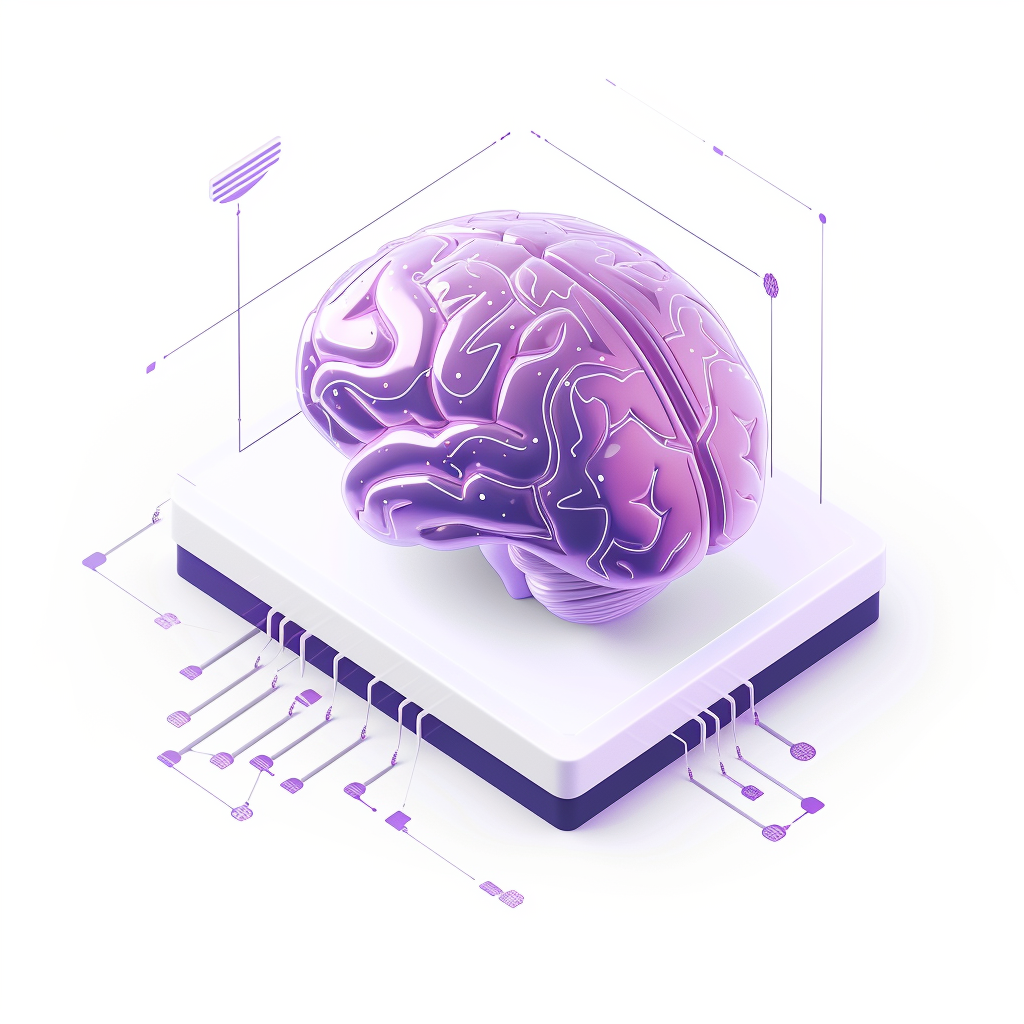AI chatbot assistants like Claude from Anthropic can save you a lot of time and help you brainstorm, write, and research faster — but while these tools are incredibly useful, they can also quietly collect more data about you than you might expect.
It’s easy to forget how much you’re sharing. Chatbots like Claude can feel like talking to a close friend, always helpful, never judgmental, and available 24/7. That illusion of intimacy makes it tempting to type in deeply personal thoughts, confidential business details, or even security-sensitive information.
But that trust is often misplaced. From the moment you open a chat, Claude can log your prompts, track usage behavior, and link activity to your IP address or account. Once your data is submitted, it’s stored on company servers and may be used for model training or internal analysis. In rare but serious cases, employees or attackers could misuse this information. The chats may feel private — but unless you take active steps, they’re anything but.
Whether you’re working with sensitive project data, asking personal questions, or just value digital privacy, it’s worth knowing how to take back control. In this guide, you’ll learn how to use Claude while minimizing the data it collects, step-by-step.
How To Set Up Claude for Maximum Privacy
If you want to limit how much Claude knows, stores, or connects to your identity, there are a few concrete steps you can take today. From managing chat history to using Claude completely anonymously, these privacy tweaks work for anyone. We’ll also share a clever trick later in this guide that lets you access Claude without logging in at all.
1. How To Clear Claude History
Claude lets you delete chats at any time — either individually, in bulk, or all at once. Deletion not only clears the chats from your sidebar but also initiates permanent removal from Anthropic’s servers. This includes prompt content, timestamps, and associated metadata.
How to delete Claude chats:
- Delete a single chat:
1. Open the conversation.

2. Click the title at the top.

3. Choose Delete.

- Bulk delete multiple chats:
1. On the left-hand sidebar, go to Chats.

2. Select multiple conversations

3. Click Delete Selected.

Note: Deletions are queued for backend removal. Some metadata may temporarily persist for operational or debugging reasons, but the content itself will no longer be accessible.
2. Export or Permanently Delete Your Claude Account
If you want to erase everything associated with your identity, including prompts, account info, and usage logs, you can export your data and delete your account completely. Exporting gives you a full snapshot of everything that’s been stored — from individual prompts to session timestamps — while deleting your account triggers complete removal of all associated data, login credentials, and usage history from Anthropic’s systems.
- To export your data:
1. Open Claude and go to Settings.


2. Navigate to Privacy.

3. Scroll down and select Export Data.

You’ll receive a link to your email with a 24 hour expiration that contains all your conversations, timestamps, and metadata.
- To delete your account:
1. Navigate to the Account tab.

2. Click Delete My Account.

Once confirmed, your Claude account will be permanently deleted.
3. How To Use Claude Without Login
One of the most effective ways to use Claude anonymously is through third-party apps that don’t require logging into Anthropic. Some of these clients allow you to access Claude instantly — no account, no email, no link to your real identity. For example, macOS users can try apps like Fello AI, which route requests securely while avoiding account-level tracking.
Using Claude this way also reduces exposure to cookies, persistent session tokens, and behavioral profiling that can occur on the official web interface. Since these apps typically store chats only locally, they offer an additional layer of control — especially useful if you’re handling sensitive material or testing prompts you don’t want tied to your identity.
Protect Your Privacy When Using Claude
Beyond the settings above, these simple habits can help reduce your exposure even more:
- Use a burner email or pseudonym when creating a Claude account. This helps ensure that even if your account is compromised, it can’t be linked to your real identity or other services.
- Avoid signing in with Google or Apple accounts — they can share tracking metadata across services. These login methods often include sign-on tokens that may persistently identify you across platforms.
- Never paste personal documents, IDs, or passwords into Claude chats unless you’re using a secure business version (e.g., Claude API with enterprise-grade privacy). Temporary logs or caching systems could retain sensitive data for debugging or analysis.
- Use a VPN to obscure your IP address and location. Good options include ProtonVPN und NordVPN, which both have strong no-logs policies.
- Clear cookies and local browser data after each session to remove stored tracking elements. Some cookies and cache entries can persist and be used to re-identify returning users.
- Use Incognito/Private Mode in your browser to avoid leaving local session traces. This also disables most background extensions, which might otherwise monitor your activity.
- Stick to platforms like Fello AI that are transparent about data hosting and privacy controls. Look for clear privacy policies, no-login requirements, and detailed server location disclosures before trusting any third-party tool.
What Data Does Claude Actually Track About You?
By default, Claude may collect and store several categories of user data — particularly when you’re signed in via Anthropic’s official platform. This collection includes both the content you generate and the technical details of how you access the service.
First, everything you write is recorded as prompt content. Whether you’re asking a simple question, brainstorming ideas, or pasting in sensitive information like project data, that text may be stored unless you delete chats manually.
Next, your device and network data, including IP address, browser type, and rough geographic region, is logged for analytics, personalization, and security monitoring.
If you’re logged in, account-level details are also associated with your activity. This includes your email address, any display name you’ve provided, and billing data if you’re a Pro user.
Endlich, usage metadata is passively tracked: things like how often you chat, when, and for how long, along with error messages or unusual behavior patterns.

Which Steps Limit This Data Collection?
- Using Claude via Fello AI without login skips account-related tracking entirely.
- Deleting old chats removes past content and cues your conversation data for deletion in Anthropic’s backend.
- Requesting account deletion wipes all data tied to your identity from Anthropic’s backend.
- Using a VPN helps disconnect your IP address and device information from Anthropic’s logs.
Schlussfolgerung
Claude is a top-tier AI assistant — but like any web-based tool, it can quietly collect more of your personal data than you might expect. This includes your chat content, IP address, browser details, account identity, and behavioral metadata. Even if you’re just testing it out casually, those traces can add up.
The good news? You’re not stuck with the defaults. With the right steps, such as deleting stored conversations, adjusting privacy measures, and using third-party apps like Fello AI, you can significantly reduce what’s collected, stored, or linked to you.
Privacy isn’t automatic, but it is achievable. Set up Claude intentionally, treat every chat as potentially stored, and always assume metadata is being logged unless you’ve taken clear action to prevent it. Take control of your digital trail, and use Claude on your terms — not just Anthropic’s.







